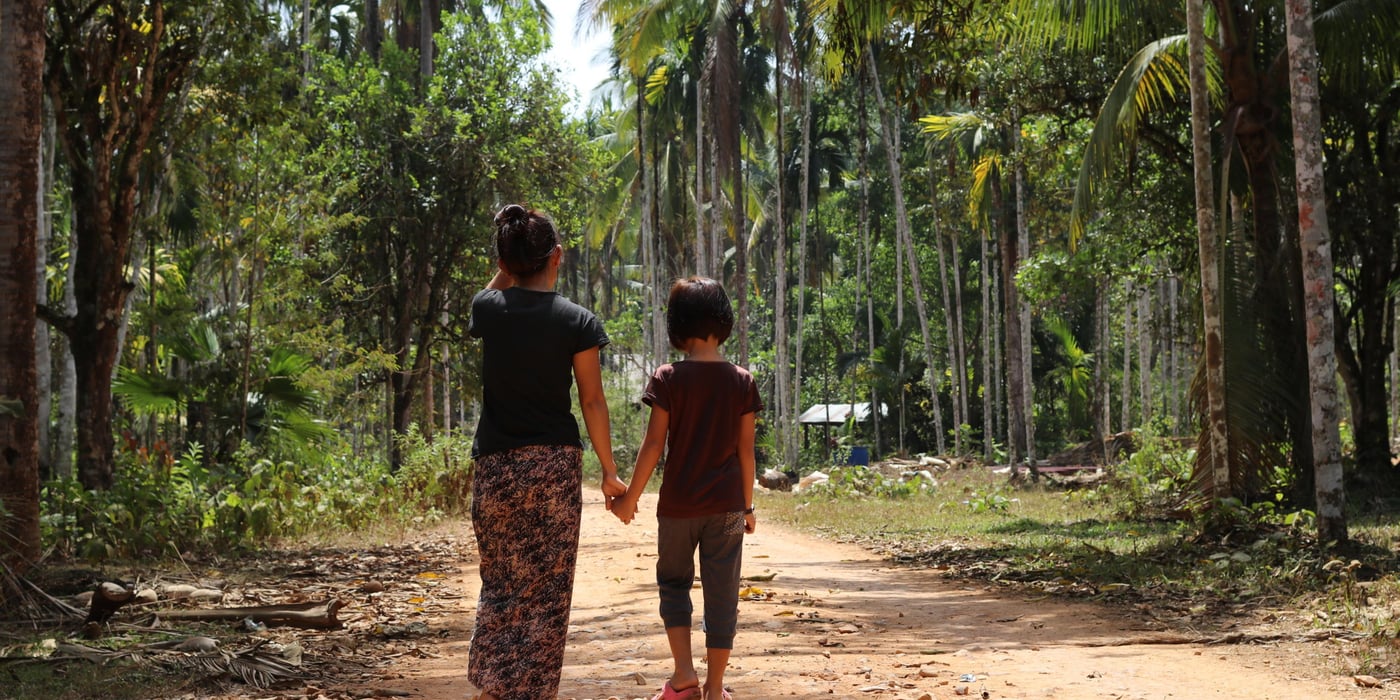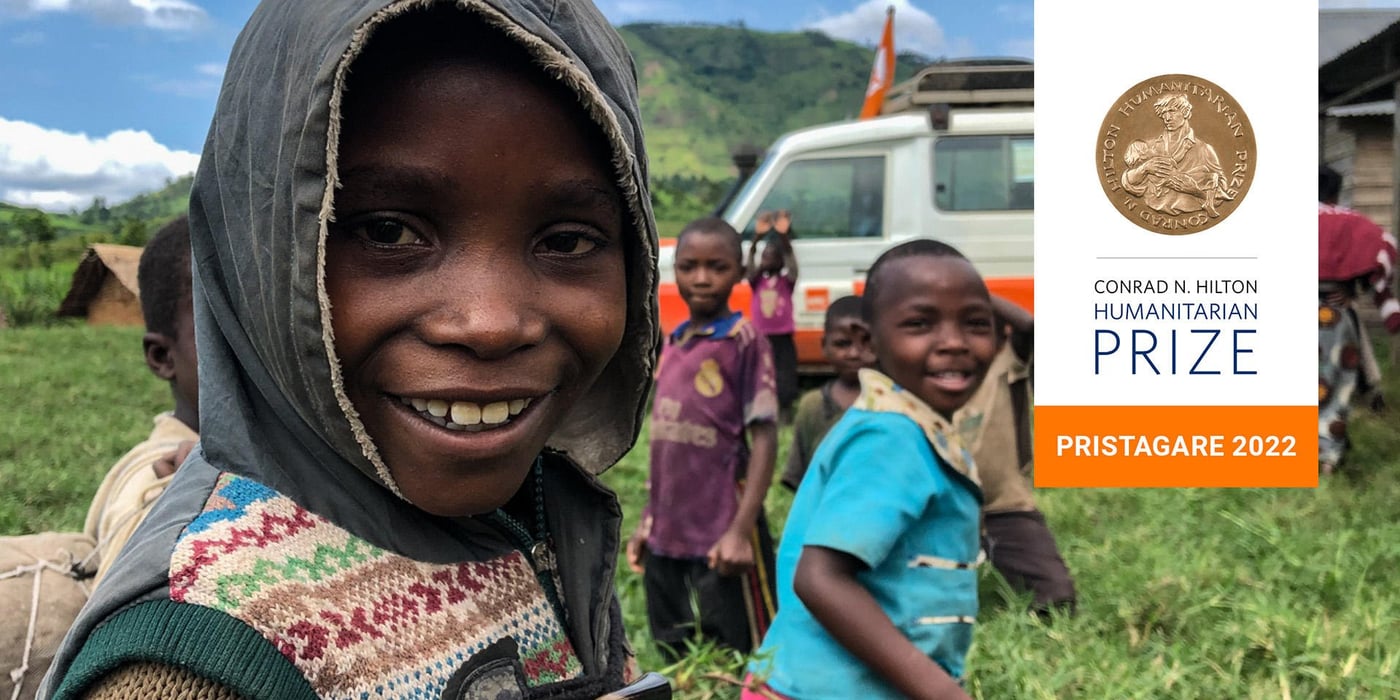
När den norske utrikesministern Børge Brende besöker landet i veckan, måste Norge påminna regeringen om deras skyldigheter gentemot minoriteter och människor på flykt.
- Att förhindra att människor får tillgång till grundläggande tjänster, rättigheter och skydd kommer att underminera alla ekonomiska eller politiska framsteg i landet, varnar Prasant Naik, NRCs landschef i Myanmar. Man kan inte kalla utvecklingen i landet framgångsrik så länge som de mest utsatta i samhället hamnar utanför, utan möjlighet att skapa säkra och bra liv för sina familjer.
Etniska minoritetsgrupper i Myanmar har varit i konflikt med militären och regeringen i decennier. 644 000 människor har drivits på flykt från sina hem på grund av våld och många saknar tillgång till grundläggande tjänster såsom hälsa och utbildning. Över 500 000 människor i Myanmar är beroende av akut hjälp.
- I skogen kände vi oss inte säkra. Jag varken åt eller sov och var rädd att vi skulle dö, berättar Daw Aye Shwe, en 34-årig mamma som fått fly från sitt hem i Shan-staten.
NRC möter henne och barnen i ett läger för internt fördrivna personer i staden Bhamo.
- Jag är mycket orolig för mina barn. Min största dröm är att de kommer att få en utbildning. Jag hoppas också på ett fredligt Myanmar i framtiden, Än så länge är vardagen en kamp för att överleva i lägret, säger hon.
- Det är fortfarande en utmaning att nå fram med livräddande hjälp till många delar av landet, inte minst i delstaten Kachin, Shan och Rakhine. Tusentals har drivits på flykt flera gånger. Varje gång tvingas de lägga ett helt liv bakom sig och stå på bar backe på nytt, säger landschefen Naik.
Ekonomiska framsteg och en fredlig lösning på de många konflikterna i Myanmar är viktiga. Men den otrygga och svåra verklighet som hundratusentals människor står inför måste också tas på allvar. Hittills i år har mindre än 40 procent av behovet av katastrofhjälp 2017 täckts, enligt uppskattningar från FN.



